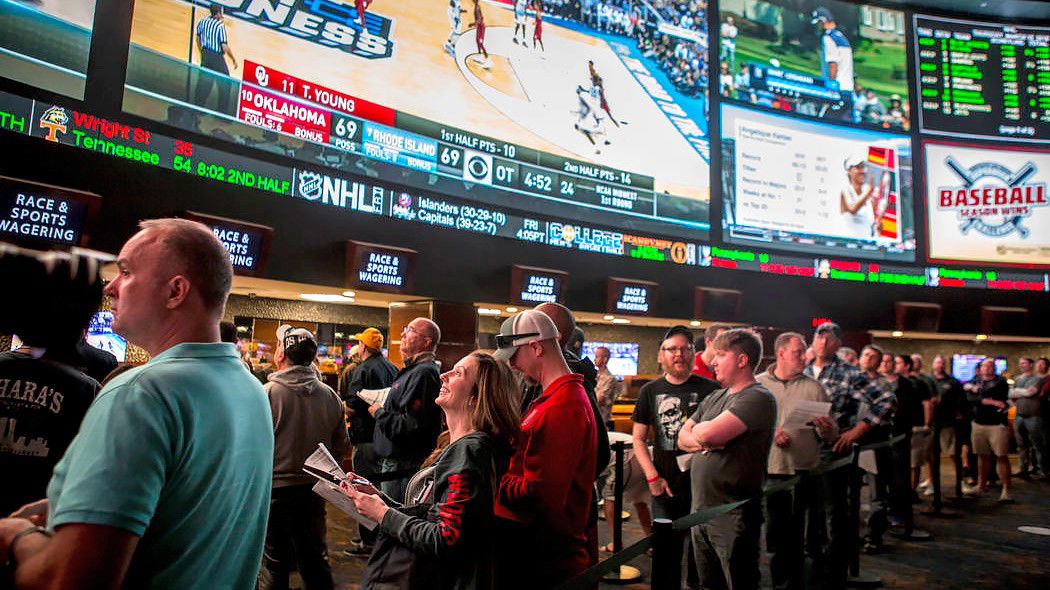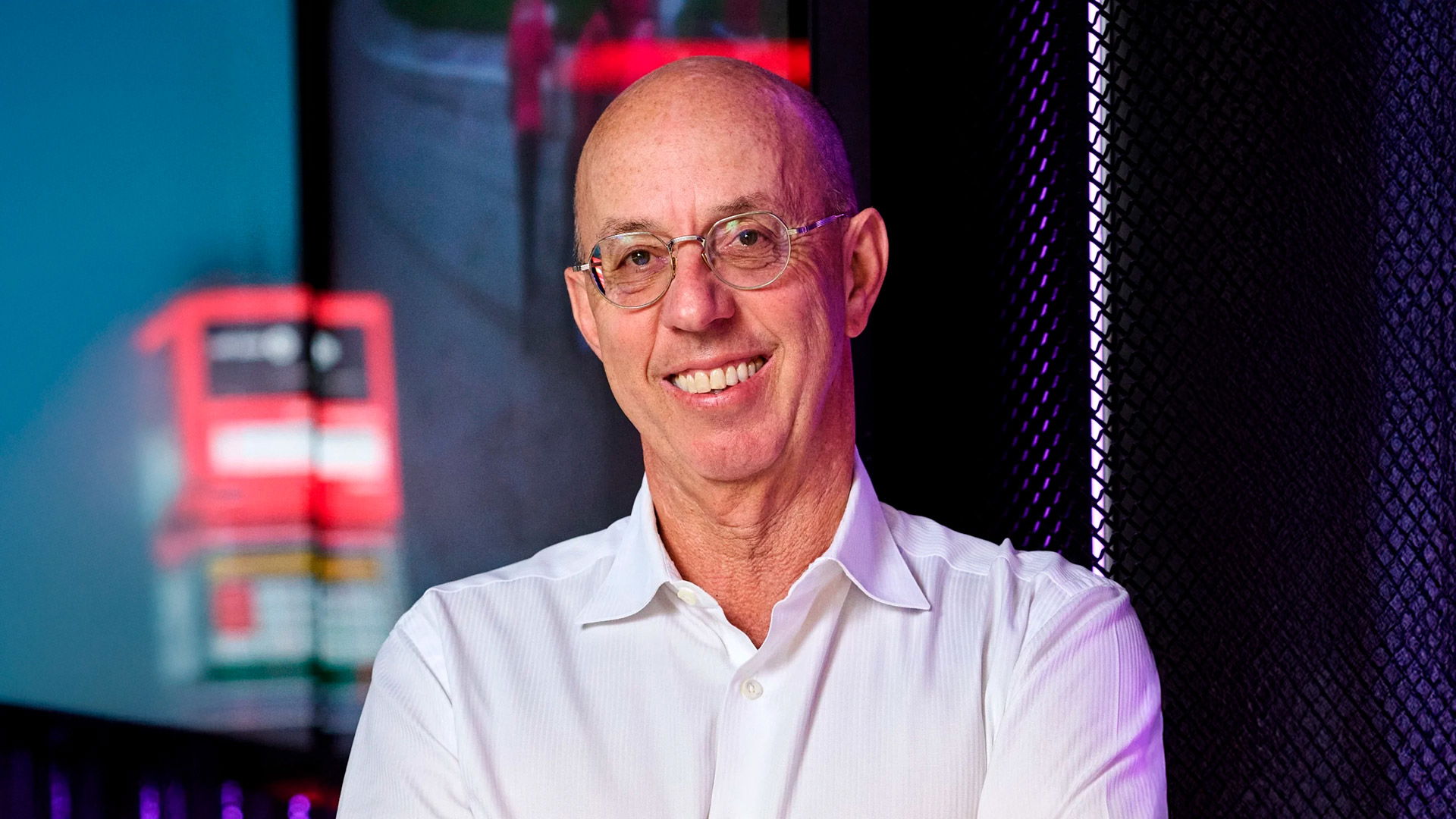Gaming industry stakeholders oppose federal sports betting regulation

Leading figures in the U.S. sports betting industry have voiced strong opposition to the Supporting Affordability and Fairness with Every Bet Act (SAFE), a proposed federal sports betting regulation bill. The legislation, introduced earlier this month, could impose advertising restrictions, limit customer deposits, and introduce federal oversight to an industry that has been primarily regulated on a state-by-state basis.
During a webinar on Thursday, David Rebuck, former director of New Jersey's Division of Gaming Enforcement, sharply criticized the bill and federal intervention in gambling regulation. Rebuck argued that the current state-level regulatory frameworks in the 38 states where sports betting is legal have been effective, and that federal oversight is unnecessary.
"It's mind-boggling to me in the arrogance of saying ‘we know more than you do’ without working on things together that we have already reached out to them to make things better for our citizens," Rebuck said.
The SAFE Act would introduce several new restrictions, including limiting customers to five deposits within a 24-hour period, banning the use of credit cards for sportsbook funding, and requiring affordability checks for larger wagers. Advertising during live sports events and between 8 a.m. and 10 p.m. would also be prohibited, a move industry experts say would significantly hinder legal operators.
Cory Fox, FanDuel’s VP of Government Affairs, highlighted the negative impact of these advertising restrictions, saying: “It really would cut down on our ability to acquire users into the regulated and taxed market away from the illegal market.”
The American Gaming Association (AGA) and other industry stakeholders also pointed to the federal government’s lack of action against illegal offshore sportsbooks. Despite state regulators’ efforts to clamp down on illegal betting sites, many offshore operators continue to thrive, taking an estimated billions of dollars in wagers, the trade group said.
“We don't have a really good record on this right now,” Rebuck said, criticizing the federal government’s performance in curbing illegal gambling.
The SAFE Act faces a difficult path through Congress, with opposition from key figures like Nevada Rep. Dina Titus, whose district includes the Las Vegas Strip. Election year politics and general legislative gridlock are also expected to pose significant challenges to the bill’s passage.
State lawmakers, including Massachusetts Rep. David Muradian, who backed his state’s 2022 sports betting legislation, argue that regulation should remain at the state level. “Ultimately leaving it to the individual states to decide is probably the best bet,” Muradian said.
















































